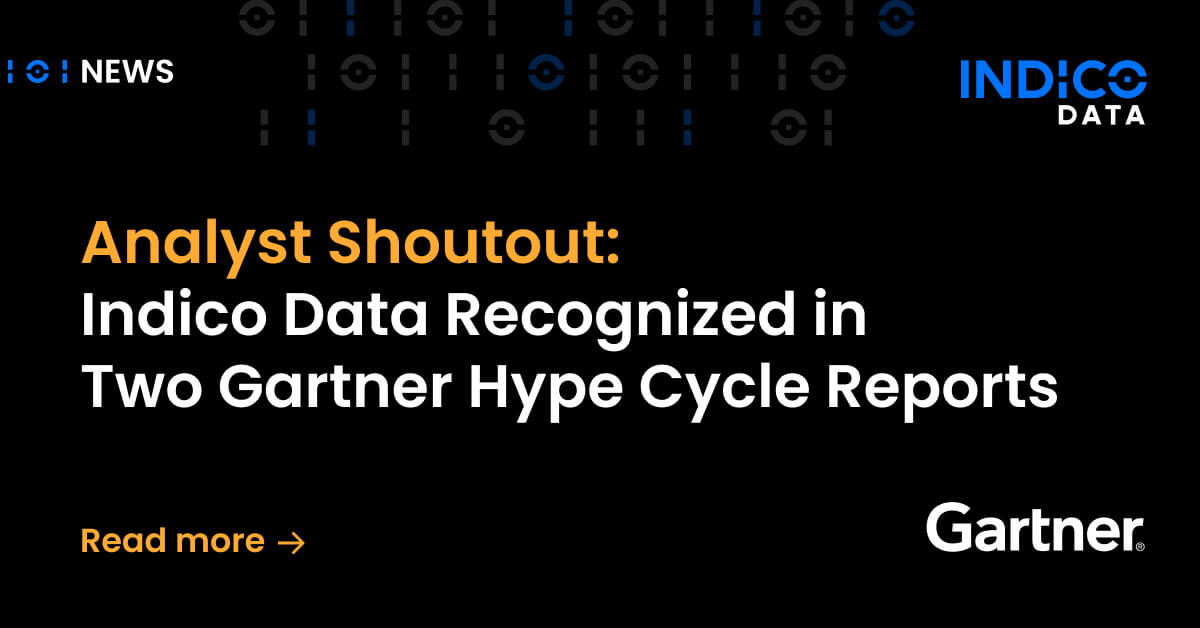In our dealings with customers, one of the most challenging aspects of launching intelligent process automation (IPA) projects is a seemingly simple one: where to start. Whether it’s a company that has hit the limits of what robotic process automation can do or is starting from scratch with IPA, in this post we offer three actionable steps to get your project underway.
Intelligent process automation, in a nutshell, helps companies automate workflows and processes that involve unstructured content, including text and images found in documents of various formats (PDF, Word, etc.). It enables companies to automate more workflows than they can address with RPA alone, which can only deal with structured content — like information found in a database. IPA achieves this by applying AI technologies such as machine learning and natural language processing, bringing powerful capabilities to bear.
Small but measurable business outcome
So, where to start? First, like any IT endeavor, an IPA project must have a business rationale in mind. Too often, companies dabble with AI and cognitive automation technology, conducting tests with no real business outcome in mind. Such initiatives typically go nowhere.
Your chance of success is far greater if you have a specific business process in mind to address. It’s fine to start small with a simple, highly manual process, but make sure automating it would make a real, measurable difference for the employees involved with that process. Then be sure to take baseline measurements prior to starting the project so you can then assess the results of process automation technology in terms of time saved, and thus productivity improvements and cost savings. Think about it as a proof of concept that you can then build on.
Ensure business-IT partnership
If your goal is to produce a sound business benefit (as it should be), then business people need to be intimately involved in the project. The kiss of death is to let IT run with a project and only late in the game loop in the business team for which you’re building the solution. Rather, your IT and data science teams should be working right alongside the business subject matter experts who understand the process that’s being automated and can explain it to IT. An added benefit of this approach is that the business SMEs will almost certainly identify additional use cases where you can apply the technology.
Pay attention to the data
Another key to success is ensuring you work with the correct data to get the outcome you’re looking for. Intelligent automation technology involves training models to accurately reflect the process you’re trying to automate. Ultimately, the goal is to train the model to recognize the way the process should work, and to be able to identify data that is outside the norm. Doing so requires having people with a detailed, end-to-end understanding of the process working with the same type of data actually involved in the process. That point can’t be overstated. If you don’t have a detailed understanding of what the data looks like and how it flows through the process, the whole effort will be pointless.
Of course, the exact intelligent automation tool you employ will also make a difference in how successful your IPA project is. The Indico IPA platform is intended to be simple enough for business people on the front lines to build effective automation models. These are the same SMEs who best understand how your business processes work and are therefore in the best position to automate them.
To learn more about how IPA helps automate processes that include unstructured content, download this free analyst report from the Everest Group, Intelligent Document Processing for Unstructured Documents.


